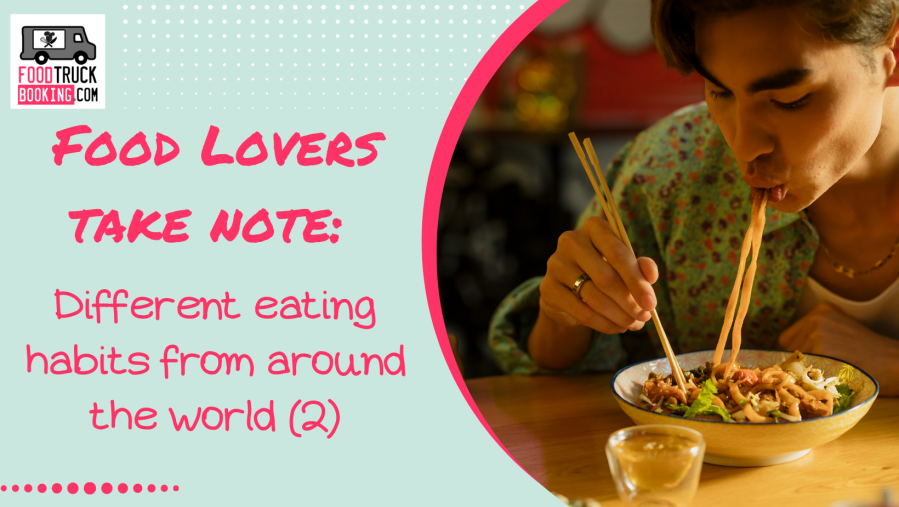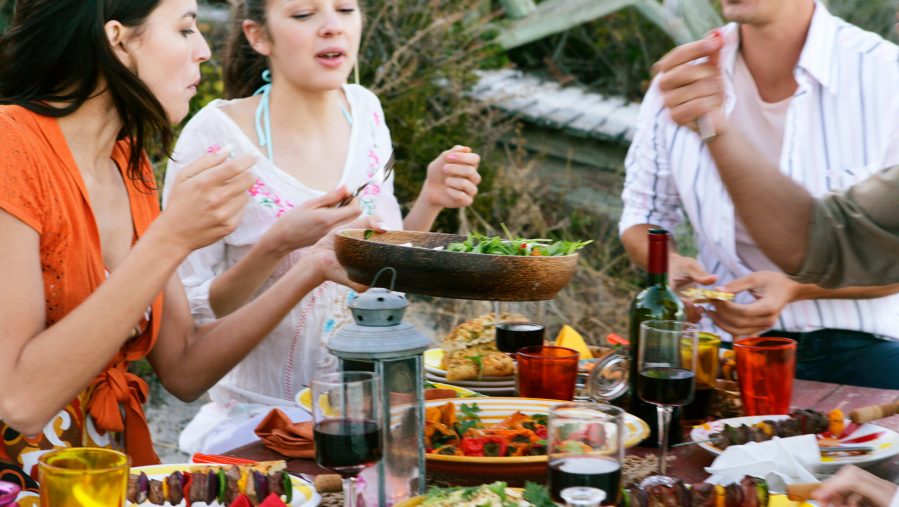FoodLovers take note: Different eating habits from around the world (2)
Posted on 04/20/2022 by FTB
A month ago, we wrote our first blog about different eating habits around the world. We continued our research and found even more distinct eating habits.These various customs might sometimes make us feel out of place or come across as unintentionally unpleasant. Strange, on the other hand, is only a matter of perspective, isn't it? So Food Lovers take note, don't forget to take these eating habits into account when you go abroad.





